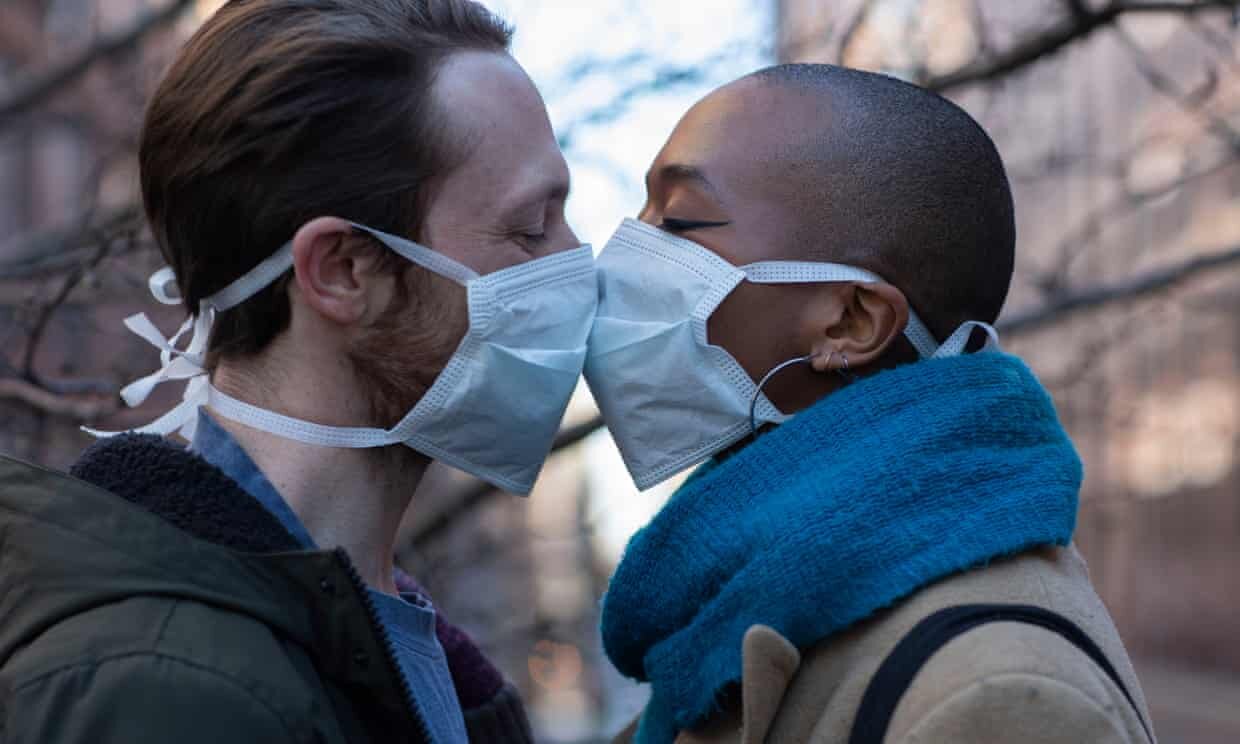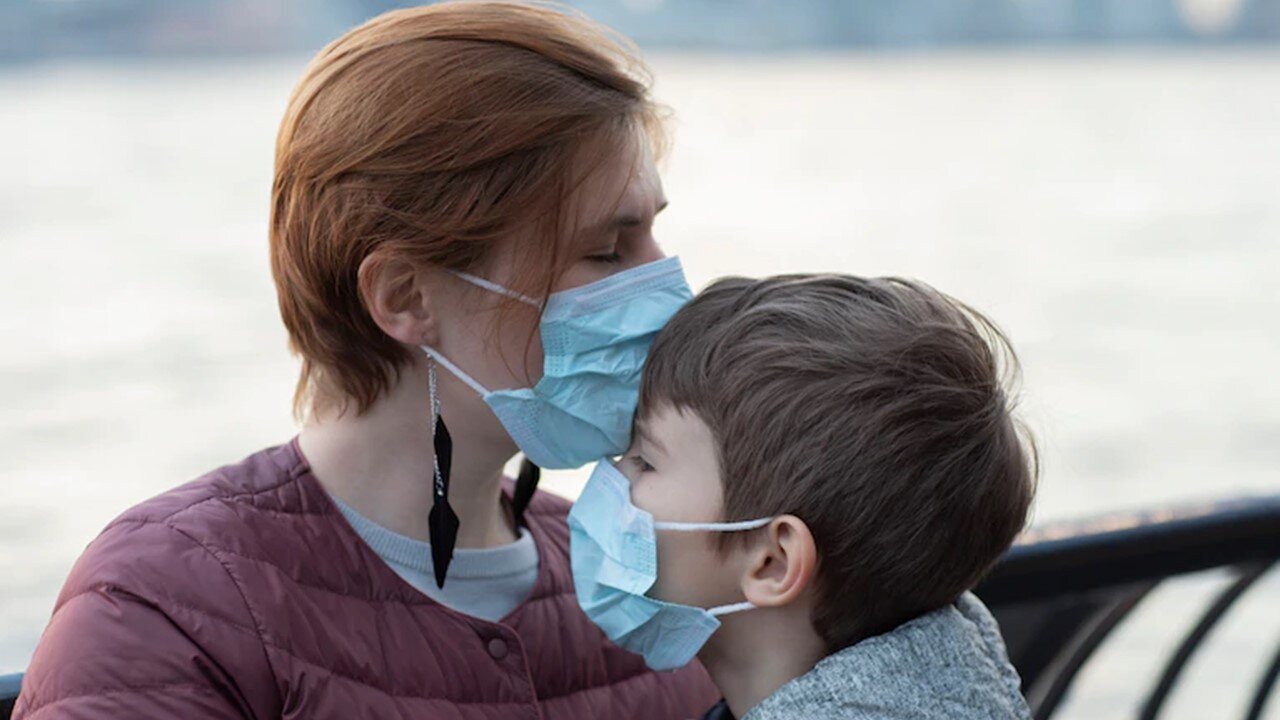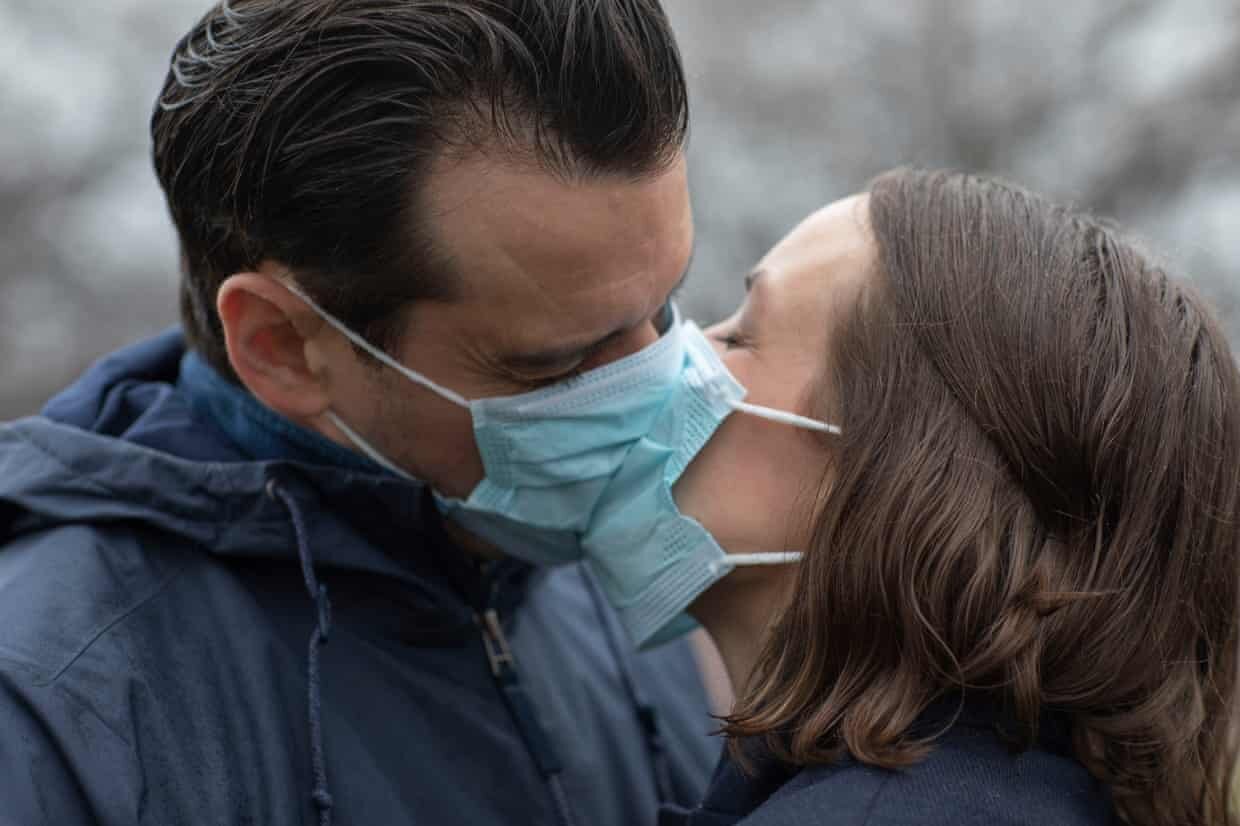Strengthening Community in Crisis: Shared Leadership
After 9/11, we came together to connect and work with each other to restructure and regain life as we knew it. COVID-19 is different.
Every place where we typically congregate in community—churches, schools, restaurants, workplace, gyms, bars—are all closed. How do we maintain a sense of community, connection, and belonging when we have to isolate, distance, and quarantine ourselves from everyone around us?
In this time of disruption and so many unknowns, much is demanded of us. In our last post, Dr. Hugh Cummings discussed the psychological impact of social distancing, an arduous task given our biosocial need to connect.
Communities are complex social entities, as are the challenges they face. Resilience is the sustained ability to withstand, adapt to, and recover from adversity. A resilient community provides social connectivity which promotes individual and community well-being—physical, behavioral, and social—to better manage everyday and extreme challenges.
We don’t have a choice: we must deal with this crisis. We do, however, have the ability to choose how to respond. An intelligent willingness to be kind and compassionate is our challenge. Can we summon the care and empathy to lessen the suffering, not just our own, but for others?
An inspiring example comes from artist Arina Voronova, who is calling for unity as we face the daunting pressure and weight of this pandemic. She has created The Act of Love, a street art campaign across lower Manhattan and Brooklyn showing people of all ages, ethnic backgrounds, and sexual orientations kissing through medical face masks.
Arina went to 29 stores before she found the masks and then asked strangers on New York City streets to participate. There are 200 posters up, with more to come. In our last post, Dr. Hugh Cummings said that “… the need to practice low-level social distancing is likely to cause significant levels of …. racist behavior and other irrational beliefs and behaviors.” Arina, hoping to shed a light on the discrimination that Asian Americans are experiencing now, says:
As the level of social anxiety rises, we start missing simple but important things: love, kindness and tolerance. My project is a reminder to all of us of what being a human is. It’s about us being able to deal with the current world’s most significant problem with love and sympathy.
This is shared leadership in action. We must bring our collective best to the urgency of the moment. A recent Times editorial agrees that “[we] require a new, collective way of thinking about public health and society as a whole.” Let us assess our personal responsibility and accountability and determine how we can make a difference. Shared leadership is a way to build more trust, resulting in less conflict. What does shared leadership look like in the land of social distancing?
We’ve seen countless heart-warming instances that will hopefully inspire more of the same: Neighbors running errands for each other, particularly for the elderly; impromptu communal singing by quarantined Italians from balconies, doorways and windows; people in Spain stepping outside to applaud medical staff as they see them go by; celebrated artists giving virtual concerts; and students from canceled theater programs performing to online audiences.
We see shared leadership in the businesses who step forward to make a difference:
Distilleries around the country shifting their business operation to make hand sanitizer and giving it away to community residents
The neighborhood app Nextdoor launched an interactive map so neighbors can message each other about the help they need or assistance they can give
A Connecticut deli, not wanting customers to stress over necessities like toilet paper, is offering a free roll with a sandwich purchase!
A bakery in Sorrento, Italy is giving away all unsold pastries at the end of each day. The owner’s daughter summed it up eloquently:
This isn’t a heroic gesture; we haven’t done anything special, and we are very happy it was received so positively. It didn’t cost us anything, we’ll do it again.
This communitas, a term Steven Kotler and Jamie Wheal use in Stealing Fire, describes an “ecstatic sense of unity—the feeling that tightens social bonds and ignites enduring passion—the kind that lets us come together to plan, organize, and tackle great challenges.”
For the foreseeable future, communal support will be through online platforms, such as the following:
Every Friday, beginning March 27th, 4:00 - 5:00 PM Eastern Time
Greg and I have participated in live workshops and taken online courses with Ten Directions, an organization that supports the emergence of authentic leadership, conscious organizations and collaborative cultures through a range of excellent programs. Their response to the unprecedented social distancing is a creative forum called The Great Villages Conversations: Togetherness in a Time of Transformation. Through weekly facilitated conversations, they seek to “flip the burden of isolation into the discovery of a new source of fellowship.” Our colleagues at Ten Directions are exercising shared leadership to counter the current landscape of shifting information, uncertainty, and fear through a caring, curious, and affectionate community. “We all need this antidote of connection, and we need it promptly and frequently right now.”
Never, I think, have we been so dependent on each other, at least not in my lifetime, and we should rise to that occasion. — Sanjay Gupta, Chief Medical Correspondent, CNN
That’s a challenge to take to heart, mind, and soul as you allow your imagination and creativity to help you rise to the occasion.






